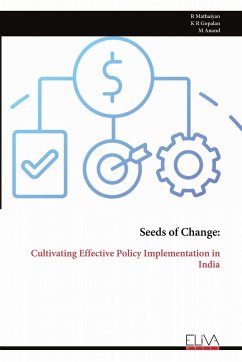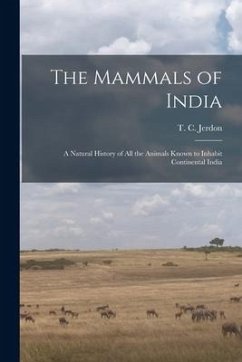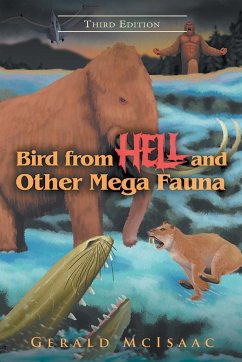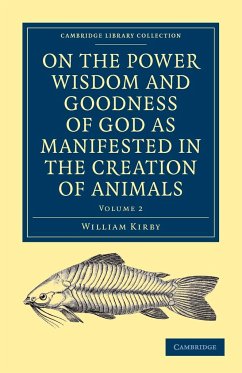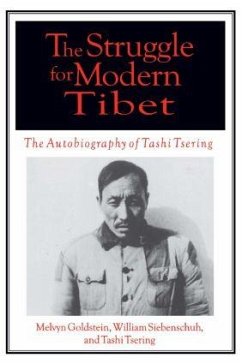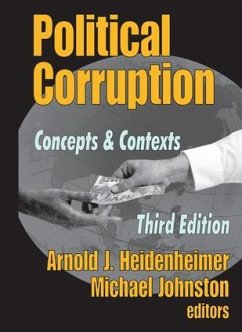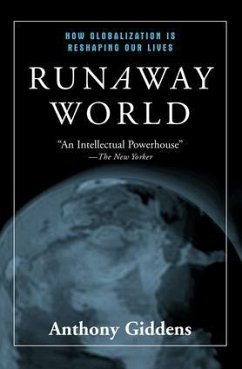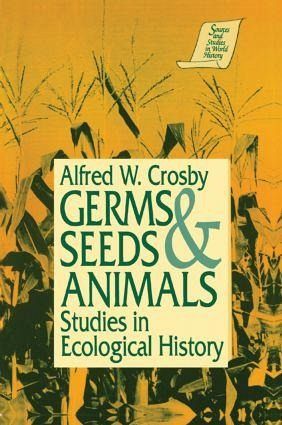
Germs, Seeds and Animals
: Studies in Ecological History
Versandkostenfrei!
Versandfertig in 1-2 Wochen
59,99 €
inkl. MwSt.
Weitere Ausgaben:

PAYBACK Punkte
30 °P sammeln!
Alfred Crosby almost alone redirected the attention of historians to ecological issues that were important precisely because they were global. In doing so, he answered those who believed that world history had become impossible as a consequence of the post-war proliferation of new historical specialities, including not only ecological history but also new social histories, areas studies, histories of mentalities and popular cultures, and studies of minorities, majorities, and ethnic groups. In the introduction to this volume, Professor Crosby recounts an intellectual path to ecological history...
Alfred Crosby almost alone redirected the attention of historians to ecological issues that were important precisely because they were global. In doing so, he answered those who believed that world history had become impossible as a consequence of the post-war proliferation of new historical specialities, including not only ecological history but also new social histories, areas studies, histories of mentalities and popular cultures, and studies of minorities, majorities, and ethnic groups. In the introduction to this volume, Professor Crosby recounts an intellectual path to ecological history that might stand as a rationale for world history in general. He simply decided to study the most pervasive and important aspects of human experience. By focusing on human universals like death and disease, his studies highlight the epidemic rather than the epiphenomenal.






